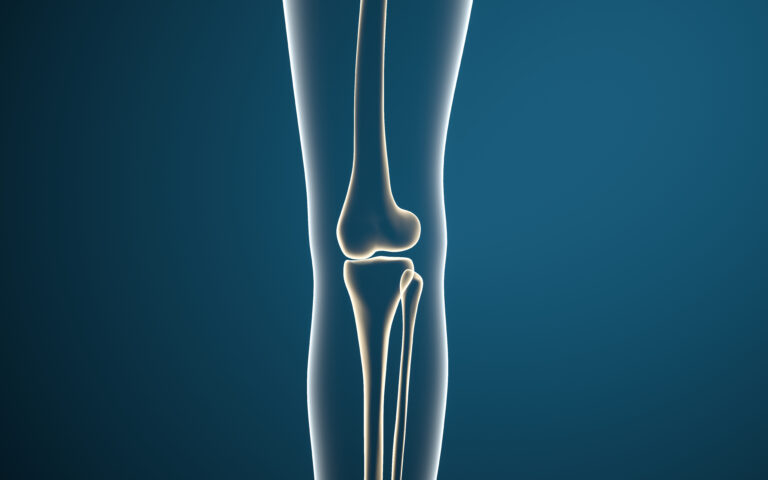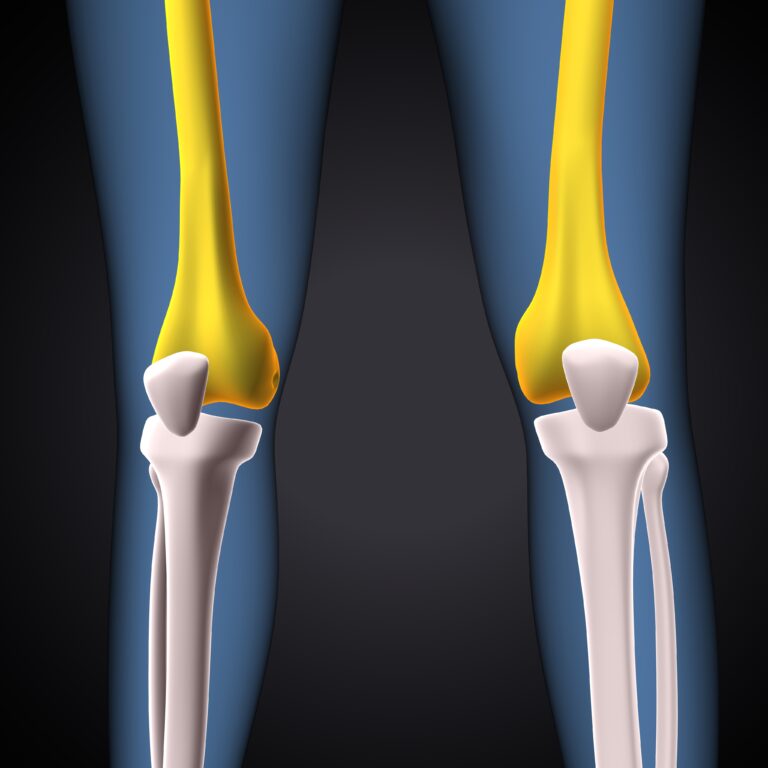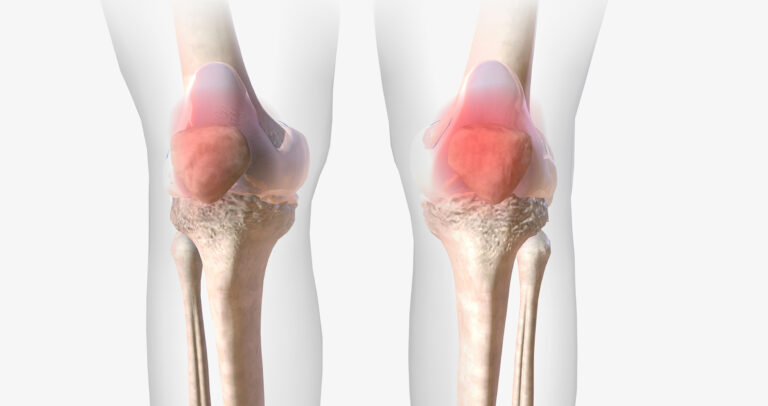Who Experiences Leg Pain?
Although leg cramps are rather common and can affect anyone, older persons are more likely to have them. They are common among pregnant women, especially in the later stages of the pregnancy.
Comprehending Leg Cramps at Night
Leg cramps that happen during sleep and can startle you out of a deep slumber are called nocturnal leg cramps, or nighttime leg cramps. Though they can also affect the thighs and feet, these cramps typically attack the calf muscles. It may help to know what causes them in order to learn how to avoid leg cramps at night. Muscle exhaustion, dehydration, mineral shortages, drugs, poor blood circulation, and nerve compression are a few of the variables that could be involved.
Causes and Signs of Leg Cramps
The symptoms of leg cramps include sharp, painful contractions that last anywhere from a few seconds to many minutes. Leg cramps have multiple causes, including dehydration, imbalanced minerals in the body, and muscle fatigue. The specific origin of leg cramps is yet unknown.
- Overexertion: Excessive use of your leg muscles or vigorous physical exercise might cause cramps. It involves standing or walking for extended periods of time.
- Dehydration: Dehydration is a common cause of leg cramps at night since it can lead to an electrolyte imbalance and cramping in the muscles.
- Electrolyte Imbalance: Muscle cramps may be brought on by low concentrations of vital minerals such magnesium, calcium, and potassium. Supplements or diet can be used to address an imbalance in these.
- Medication: Leg cramps are a possible adverse effect of several medications, such as statins, diuretics, and asthma treatments.
- Underlying Conditions: The likelihood of cramping can be elevated by a number of medical conditions, including diabetes, peripheral vascular disease, and nerve diseases.
- Poor Blood Circulation: Disorders such as peripheral artery disease can cause a reduction in the amount of blood that reaches the extremities, which increases the risk of leg cramps at night.
- Nerve Compression: Leg cramps may be brought on by pressure on the nerves as a result of spinal compression. Herniated discs or spinal stenosis are two possible causes.
How Can I Instantly Stop Leg Cramps?
The first priority when a leg cramp occurs is to ease the pain and discomfort. There are several ways to get relief quickly:
- Massage: Use your hands to gently massage the tense muscle. It can aid in muscular relaxation and leg cramp relief.
- Stretching: Give the impacted muscle a gentle stretch. For example, flex your foot upward if your calf is cramping. Maintain the stretch until the pain stops. This is one method for rapidly getting rid of leg cramps. Additionally, it helps prevent leg cramps during jogging.
- Heat Application: To relieve and relax the tense muscles, apply a warm compress or heating pad to the affected area.
- Hydration: If dehydration is thought to be a trigger, sip on a glass of water or a sports drink containing electrolytes. Remember this even after a long night of drinking and partying to avoid getting leg cramps after drinking.
- Topical Analgesics: You can use over-the-counter pain relievers, like creams or gels with menthol or capsaicin, to the afflicted area. These assist by producing a different feeling and aid in understanding how to quickly get rid of leg cramps.
- Medication: If the cramps are particularly bad, over-the-counter analgesics like acetaminophen or ibuprofen may help.
Disclaimer: The information provided in this blog post is for general informational purposes only and should not be considered professional advice. Before making any health-related decisions, consult with a qualified healthcare professional. The content is not a substitute for medical advice, and individual results may vary. The author and website are not responsible for any consequences arising from the use of the information provided. Use your best judgment and seek professional advice when needed.



